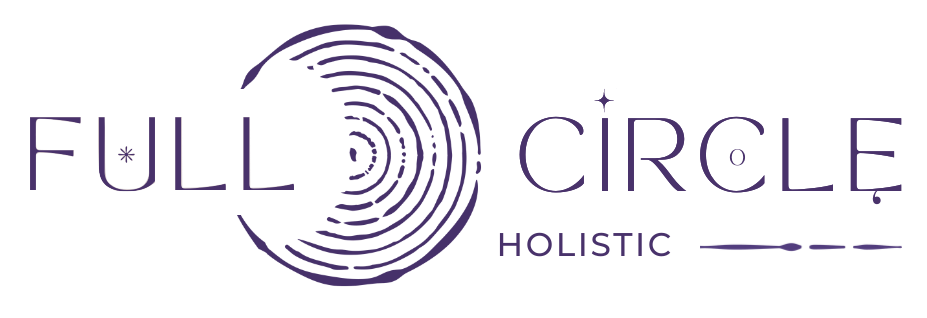Herbs & Breastfeeding: What’s Actually Safe?
Combining intuition, tradition, and trusted information for confident decision-making
Navigating the use of herbs while breastfeeding can feel overwhelming. You want to do what’s best for your baby—but when you look online, even the gentlest plants come with long lists of warnings.
So what’s a mother to do?
The truth is: you are the authority on your body and your baby.
You were made for this. While it’s essential to gather solid information, it’s equally important to listen to your root voice—your intuitive knowing.
This combination—intuition and knowledge—is your most powerful tool in motherhood.
Tuning In: Your Inner Compass
Breastfeeding offers one of the earliest and most intimate invitations to mother from that place of inner knowing. It’s not just about milk—it’s about relationship, discernment, and attunement.
When considering whether to use an herb while nursing, ask yourself:
What is my body saying?
What does my research say?
Do I feel clear and confident about this decision?
Let your intuition and your head be in conversation. Let your discernment walk hand in hand with information. This is the root of wise mothering.
Herb Transfer into Breastmilk Varies
Whether or not an herb is passed through breastmilk depends on several things:
The specific plant
The part of the plant used
How it’s prepared (tea, tincture, infusion, etc.)
Its chemical constituents
Some herbs transfer very little. Others do pass through—and sometimes, this is actually beneficial. For example, a soothing herb may help calm both mother and baby. A galactagogue may support milk supply through its action on the endocrine system.
The key is understanding the mechanism of action—how an herb works in the body—and choosing intentionally.
Why Most Herbs Are Labeled “Unsafe”
If you Google “Is [herb] safe for breastfeeding?” you’ll likely find a big red flag—even for herbs like chamomile, nettle, or oatstraw.
Here’s why:
Pregnant and breastfeeding women are routinely excluded from clinical trials. This means there’s very little formal data on the safety of herbs in lactation—not because the herbs are dangerous, but because the studies simply haven’t been done.
Instead of interpreting this as unsafe, it’s more accurate to see it as inconclusive—and to lean into the deep well of historical, cross-cultural use. For millennia, women around the world have used herbs to support their bodies through postpartum, nursing, and beyond.
This traditional wisdom is a valid and time-tested form of knowledge.
Google ≠ Herbal Wisdom
Mainstream websites tend to default to overly cautious or liability-based recommendations. That’s not where herbalists go to find trustworthy information.
Instead, learn how to search like an herbalist.
Use the term:
“Herbal monograph (+ the herb you are looking for)”
This will lead you to more detailed and thoughtful sources—often written by practicing herbalists—offering context, traditional use, safety notes, energetics, dosage, and preparation tips.
Trusted Herbal Resources
Here are a few excellent places to begin your research:
HerbRally Monograph Library
A growing archive of practitioner-written plant profiles rooted in clinical and folk practice.Solidarity Apothecary – Plant Allies
Deeply thoughtful monographs that center collective care and accessible herbalism.LearningHerbs Blog
Great for beginners—clear, hands-on explanations rooted in the Wise Woman tradition.
Motherhood is a lifelong practice in discernment. You are your child’s first environment—and every decision, from herbs to skin care to food, is an opportunity to tune in, slow down, and choose consciously.
Let your head voice (knowledge) and your root voice (intuition) work together.
Let tradition, research, and lived experience guide you.
And above all—trust yourself.
Want help selecting herbs that are safe and supportive during nursing? I’d be honored to support you. Reach out here, or explore our Postpartum Offerings.
